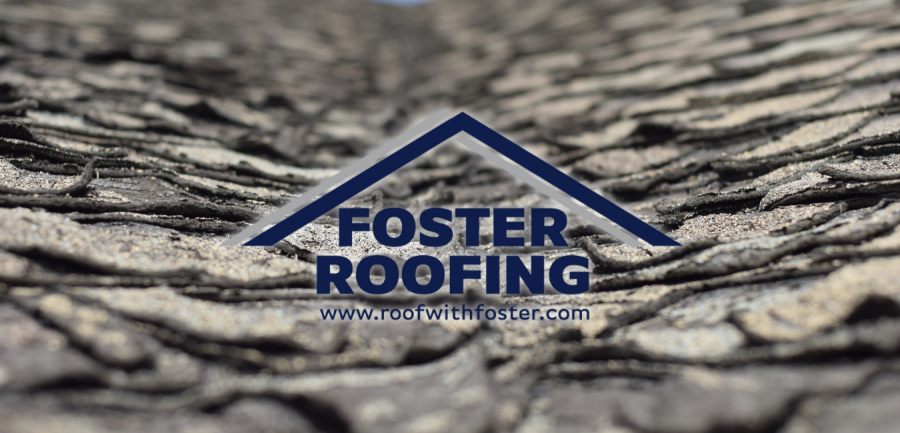
Is your roof protected by a great warranty?
If not, you are putting your financial future at risk. Replacing a damaged roof is not a cheap home repair.
What Type of Protection Do You Need from Your Warranty?
Knowing what type of protection you can expect from a roof warranty can often be considered a complicated question. There are manufacturer warranties that will cover the materials used in the installation of your new roof. There are workmanship warranties usually offered by contractors when performing the installation, too. On occasion, these two warranties will overlap, but not always.
The majority of homeowners and building owners tend to focus on the overall length of their roofing warranty. They never fully understand what said warranty consists of, unfortunately. The majority of warranties were designed to protect the manufacturer. Before any work is performed, here are a few questions you should consider asking your contractor:
- What type of warranty am I receiving?
- What is the term of the warranty?
- What will void my roofing warranty?
- What are my maintenance responsibilities?
- What does a typical warranty cover?
The Basics of Roofing Warranties
Although it may seem like there is a wide range of warranties offered on roofing, there are just three main types:
- Standard Manufacturer’s Warranty
- Workmanship Warranty
- Extended Manufacturer’s Warranty
The Standard Manufacturer’s Warranty covers the products you purchase. A Workmanship Warranty, which is supplied by your contractor, covers the installation. An Extended Manufacturer’s Warranty covers contractor workmanship along with expanded coverage for the products.
Some roofing shingles come with a basic Limited Lifetime Warranty, which is the industry standard. A lifetime warranty means you are covered as long as you own your home. The degree of protection you receive depends on the definition of “limited,” which can vary based on the manufacturer. Most manufacturer warranties strictly cover the cost of defective materials. Therefore, you are responsible for any labor charges to remove and dispose of failed shingles and install the replacements.
Most manufacturers cover the cost of replacing defective shingles for the first few years and then offer prorated coverage from that point on. If any shingles are found to be defective during the initial period, the manufacturer gives you replacement shingles at no cost. This initial coverage also includes labor costs for installing the replacement shingles but does not cover the tear-off and disposal of the defective shingles. If a failure happens during the prorated period, you will receive just a portion of the cost or a lesser amount of new shingles.
Industry-wide, these standard manufacturer warranties only provide coverage against factory defects; they do not cover shingles that prematurely fail because mistakes were made during installation or issues involving other components your roofer installed such as ice and water shield, underlayment, flashing, or ventilation products. Depending on the manufacturer of these other components, they may be covered by individual warranties against defects.
Get Professional Help Today
Foster Roofing is qualified to install and replace your old roofing systems with top-of-the-line products from industry leaders. Part of Foster Roofing’s responsibility as a certified contractor is offering you the best warranties available.
Contact us now for your FREE ESTIMATE.

